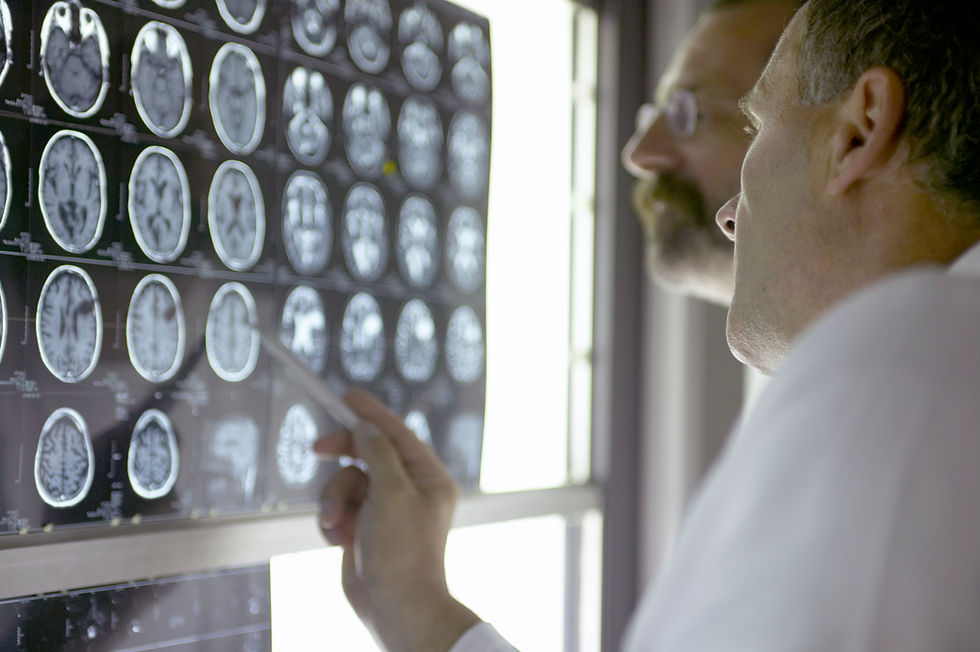How Do Music Therapists Make a Difference?
- abahr3
- Oct 31, 2023
- 2 min read
Updated: Dec 20, 2023
In a world where the realms of science and art converge, the practice of Music Therapy has emerged as a profound catalyst for change. From the earliest stages of life to the most trying moments of illness and loss, Music Therapists play a vital role in promoting well-being, emotional healing, and physical recovery.
What Can A Music Therapist Help You With?
Prenatal Care
Promoting the well being of mothers, babies and their partners by creating a calm environment through music listening and relaxation techniques. Using music for relaxation during times of stress can lead to less complications from pregnancy and better overall health for the mother and partner.
Labor and Delivery
Pairing customized music with relaxation & active listening training to provide care and support for the birthing process.
Postpartum Care
Helping mothers and partners transition from hospital to home offering support and encouragement as they manage their new roles as parents. Music Therapy for mental health can help manage the big emotions that arise from these big changes, by using music to soothe both mother and baby, and help parents bond and care for their new baby.
Premature Infants
Creating a calming environment to improve feeding behavior and weight gain in the NICU.
Babies and Toddlers
Using music to soothe, comfort and distract for various life circumstances, such as better sleep, improved brain and body health, and to teach new skills like toilet training & transitions to new environments and tasks.
Neurological Disorders & Brain Injury
Using music therapy techniques to stimulate the brain in support of cognitive, motor, communication & social objectives.
Chronic Illness & Oncology
Providing music & coping techniques for pain management & stress reduction.
Mental Health
Designing music-based interventions for the exploration & processing of therapeutic needs.
Medical & Surgical Procedures
Reducing anxiety & decreasing pain to improve treatment response.
Developmental Disabilities, Autism Spectrum & ADHD
Structuring music strategies that teach cognitive, motor, social, communication, & daily living skills.
Substance Abuse & Addictive Disorders
Facilitating movement from denial to determination in recovery via self-expression techniques.
Physical Disabilities & Sensory Impairments
Incorporating music-making into rehabilitative treatment allowing frustration to yield to fulfillment.
Exercise Programs
Selecting music for specific movements creates optimal client motivation. This helps trainers achieve greater results for their clients.
Physical Therapy
Using Music Therapy to assist physical therapists in improving client's mobility.
Alzheimer's Disease & Dementia
Accessing the individual's past to trigger short & long term memories, decrease agitation and enhance reality orientation.
Hospice, Palliative, & Bereavement
Shaping music experiences to guide the individual and/or loved ones in life's journey and offer support.
Join us on a journey through the diverse landscapes where Music Therapy leaves its indelible mark, helping individuals find solace, strength, and a renewed sense of purpose.
For additional information about Music Therapy please visit:
Interested in becoming a Music Therapist?


Comments